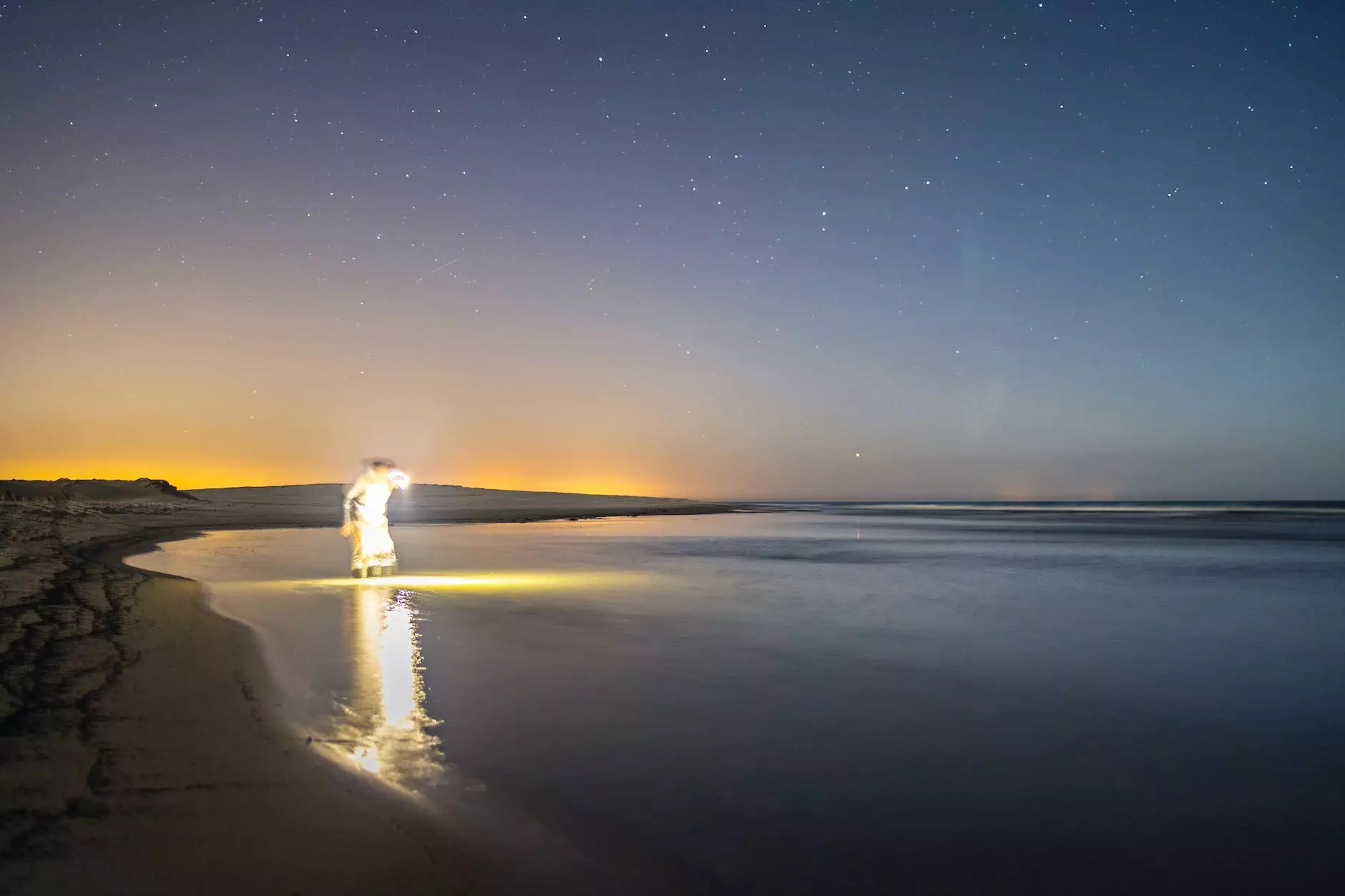Is it Legal to Treasure Hunt Lake Mead's Exposed Shoreline?
Environment
Treasure Hunting at Lake Mead: An Intriguing Activity
Treasure hunting has captivated the imagination of adventurers and history enthusiasts for centuries. The quest for hidden relics and valuable artifacts evokes a sense of thrill and discovery. Among the many treasure hunting destinations, Lake Mead's exposed shoreline in Nevada stands out as a fascinating location to explore. However, before embarking on your treasure hunting journey, it's essential to understand the legal considerations surrounding this activity.
The Legal Landscape: Understanding the Regulations
Lake Mead, known for its expansive reservoir and scenic beauty, is managed by the National Park Service. As a designated national recreation area, it is subject to specific rules and regulations aimed at preserving the fragile ecosystem and maintaining public safety. These regulations extend to treasure hunting activities along the exposed shoreline.
Permit Requirements and Restrictions
To legally engage in treasure hunting at Lake Mead's exposed shoreline, a permit from the National Park Service is generally required. This permit ensures compliance with park regulations and helps protect the area's natural and cultural resources. It's important to note that treasure hunting without a valid permit is strictly prohibited and can result in penalties.
While obtaining a permit is essential, it's equally important to be aware of the specific restrictions that apply. These restrictions are in place to safeguard the historical and ecological integrity of the shoreline area. Some of the common restrictions may include the prohibition of metal detectors, excavation tools, and any activities that may cause damage to the land or wildlife.
Cultural and Historical Significance
Lake Mead's exposed shoreline holds significant cultural and historical value. It's not only a treasure trove for artifacts but also a site of archaeological importance. The relics found along the shoreline provide valuable insights into the history of the region and its indigenous communities.
As responsible treasure hunters, it is our duty to respect and preserve the cultural and historical significance of the area. This means adhering to strict ethical guidelines, reporting valuable findings to the appropriate authorities, and avoiding any actions that could potentially harm the artifacts or disturb the surrounding environment.
Consulting and Analytical Services at Nevada Business Chronicles
At Nevada Business Chronicles, we specialize in providing consulting and analytical services across a range of business and consumer service sectors. With our wealth of expertise, we aim to empower individuals and organizations with comprehensive knowledge on various subjects, including the legal aspects of treasure hunting in specific locations.
Our team of professionals conducts in-depth research and analysis to ensure the information we provide is accurate, up-to-date, and reliable. We understand the importance of addressing the specific concerns and queries surrounding treasure hunting at Lake Mead's exposed shoreline, which is why we strive to offer detailed insights that can assist you in making informed decisions.
Conclusion
Treasure hunting at Lake Mead's exposed shoreline is an exciting adventure that requires careful consideration of the legalities involved. By obtaining the necessary permits, adhering to park regulations and ethical guidelines, and respecting the cultural and historical significance of the area, you can engage in this activity responsibly.
At Nevada Business Chronicles, we are dedicated to providing you with the most accurate and detailed information related to treasure hunting and other business and consumer service sectors. Our consulting and analytical services are designed to equip you with the knowledge you need to navigate various challenges effectively.




